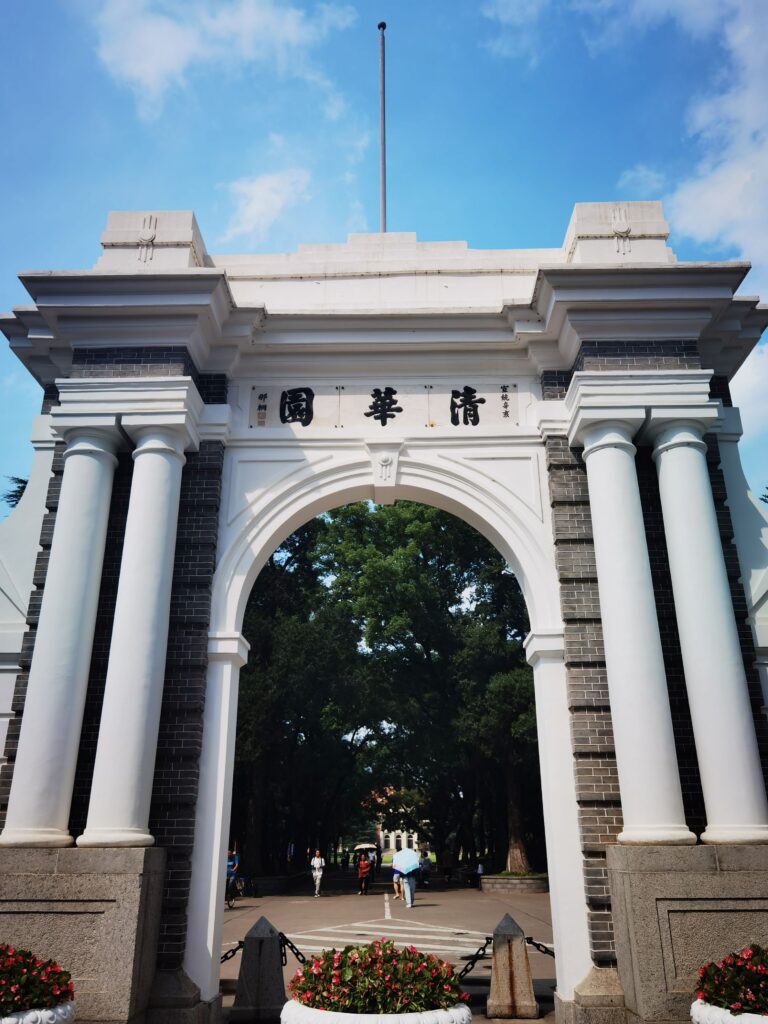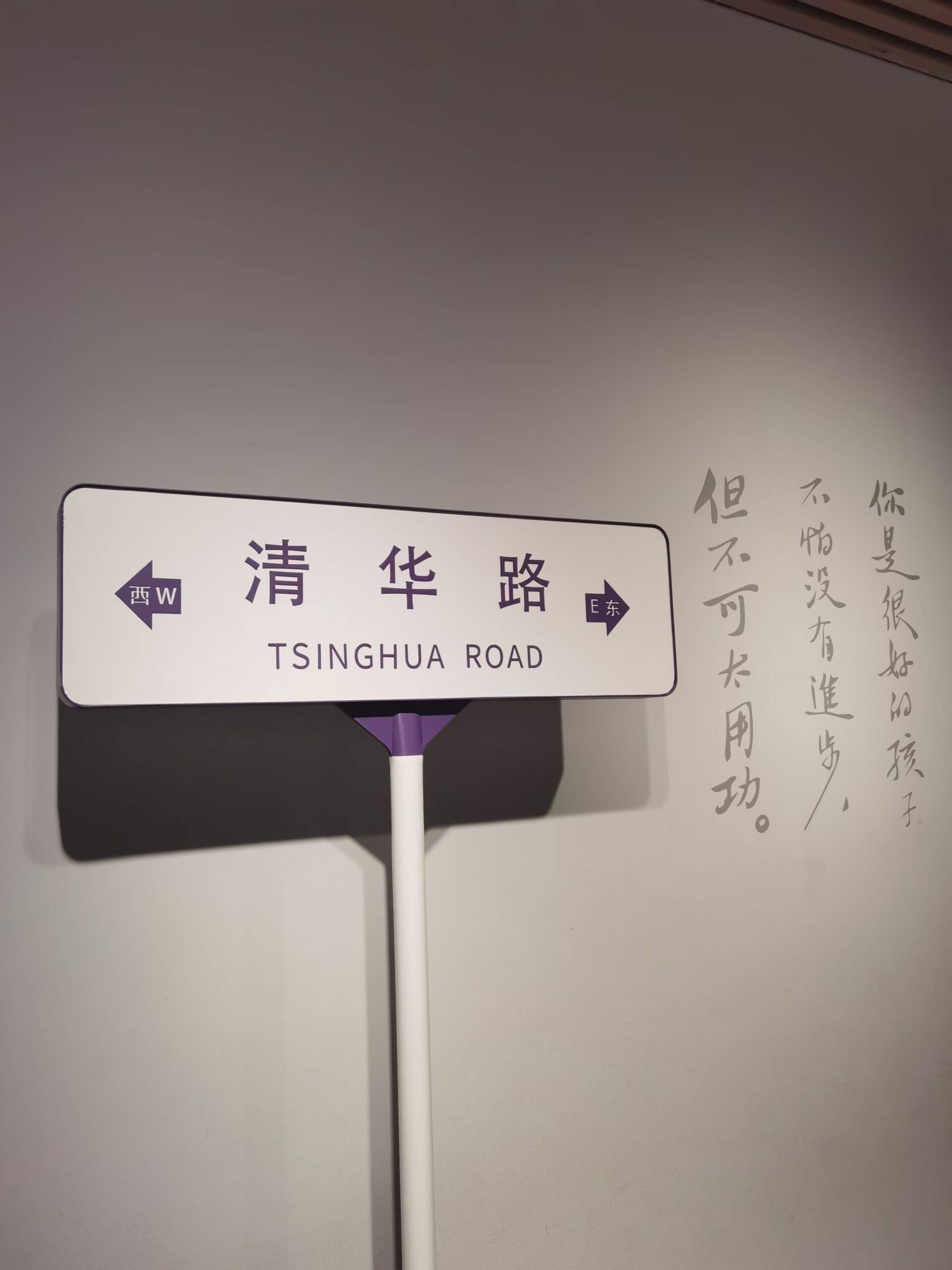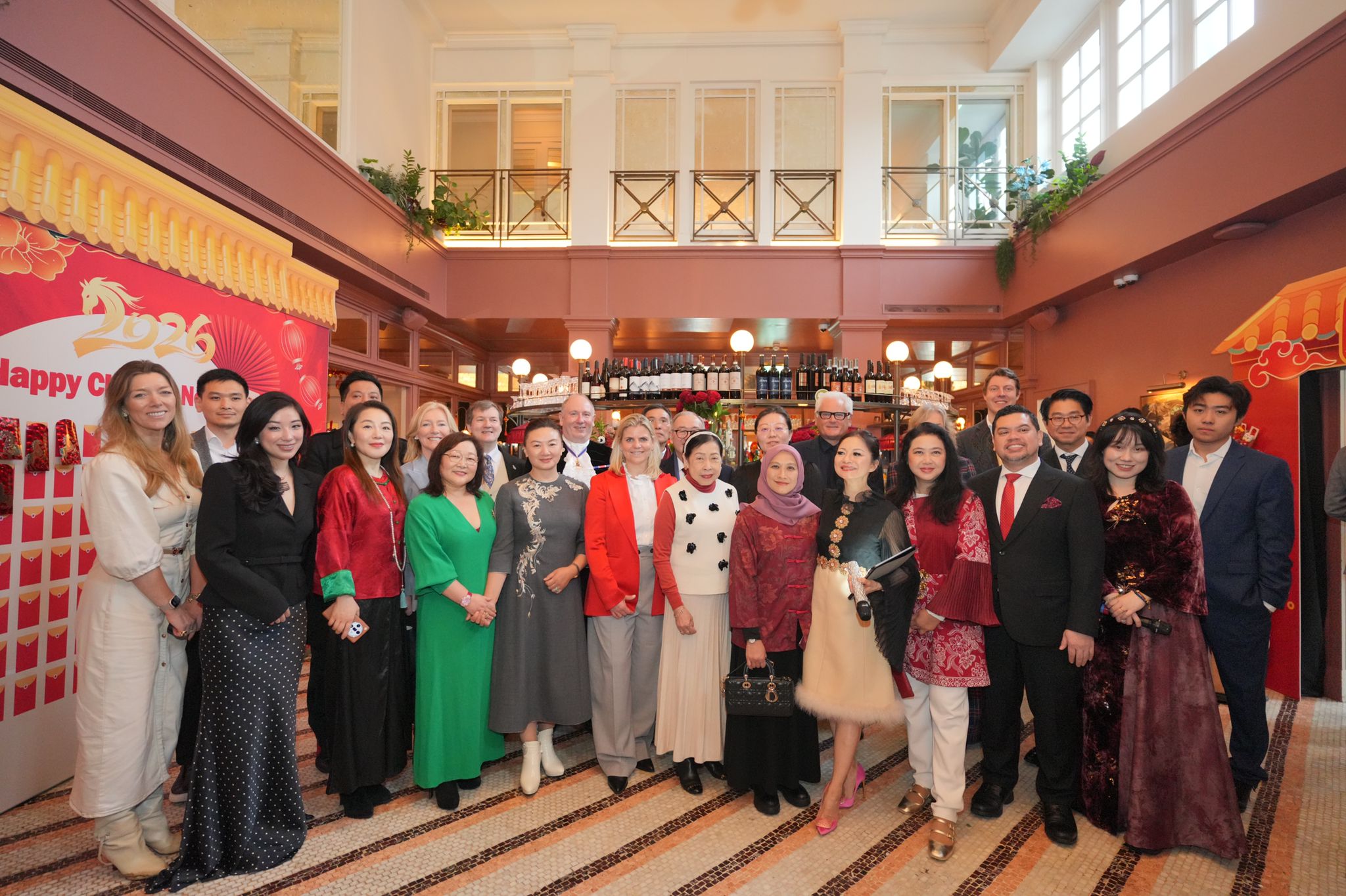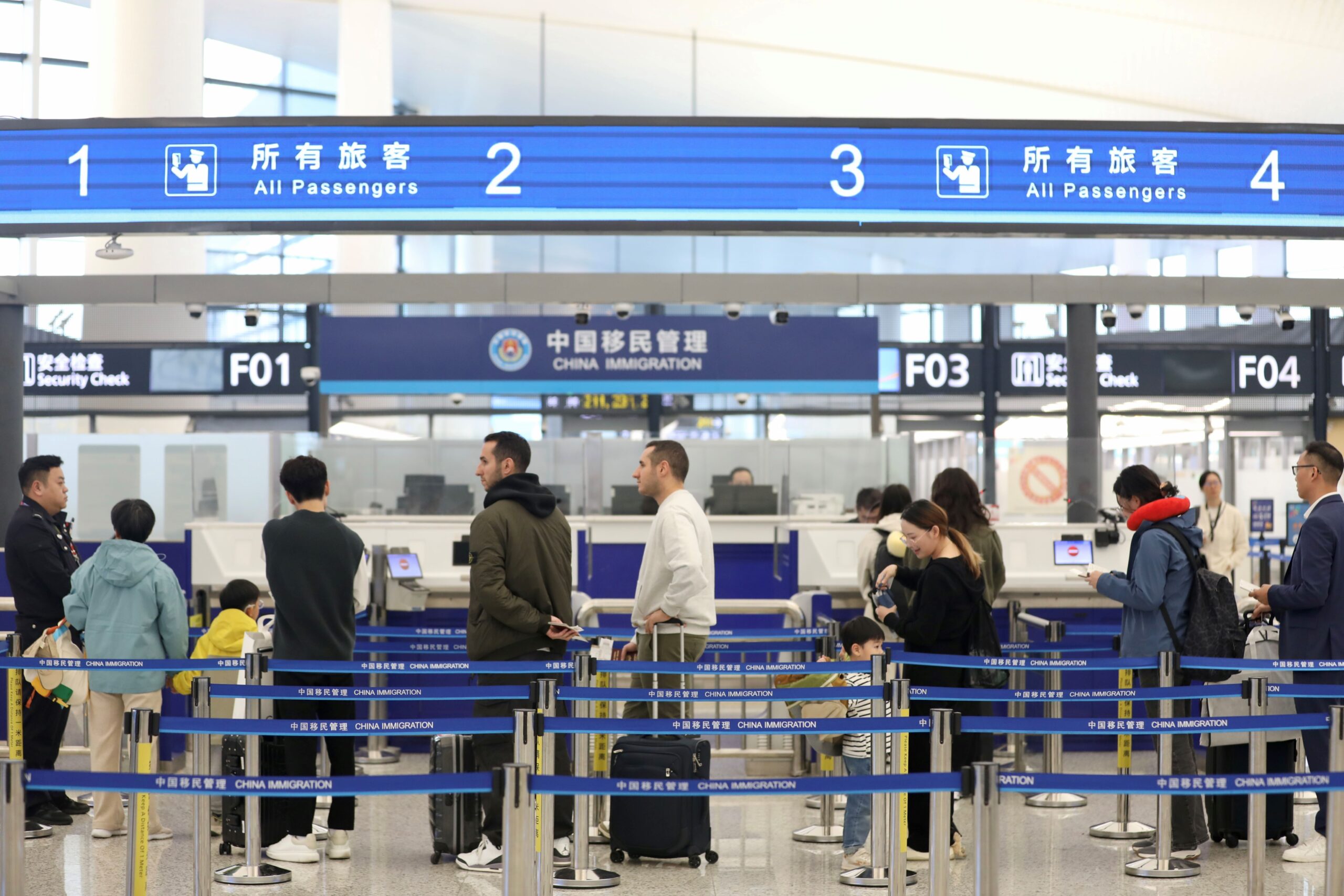China’s Top Universities Expand Undergraduate Enrollment to Meet Strategic Needs.
Several of China’s leading universities have announced plans to expand undergraduate enrollment in 2025, prioritizing national strategic priorities and cutting-edge technologies.
Top Universities Focus on AI and Emerging Technologies
Tsinghua University and Peking University will each increase their undergraduate intake by approximately 150 students. Tsinghua University will establish a new general education college to cultivate interdisciplinary artificial intelligence (AI) talent. Peking University’s enrollment expansion will focus on fields aligned with national strategic needs, fundamental disciplines, and emerging frontiers.
Besides, Renmin University will add over 100 seats in key areas such as AI, while Shanghai Jiao Tong University and Wuhan University plan to expand enrollment in AI, renewable energy, and integrated circuits to support national development goals.

National Strategy Drives Higher Education Reform
Zheng Shanjie, head of China’s National Development and Reform Commission, stated at a press conference during the “Two Sessions” that China will continue enhancing the quality of higher education, increasing the enrollment of high-caliber undergraduate programs, and further expanding admissions at “Double First Class” universities. Following last year’s increase of 16,000 spots, this year’s target is an additional 20,000.
Expanding top-tier undergraduate programs reflects China’s broader efforts to refine and optimize its higher education system. In 2023, the government announced plans to adjust the discipline and major distribution in approximately 20% of universities by 2025. By 2024, China is set to introduce 1,673 new majors aligned with national strategic needs while phasing out 1,670 programs deemed less relevant to economic and social development.
As interdisciplinary integration between liberal arts, science, and engineering gains momentum, China remains committed to advancing high-quality undergraduate education to meet future challenges.
Written by Chen Wang, additional reporting by CGTN, CNS.
If you liked this article, why not read: AI Enriches Education in China, but Concerns Arise











